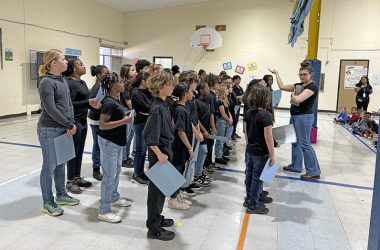D233 will use its reserves account for capital projects
The District 233 school board agreed to make changes to its reserve fund policy that will allow it to spend down excess cash on-hand to fund capital projects at Homewood-Flossmoor High School.
The board has been discussing the possibility of a boa

